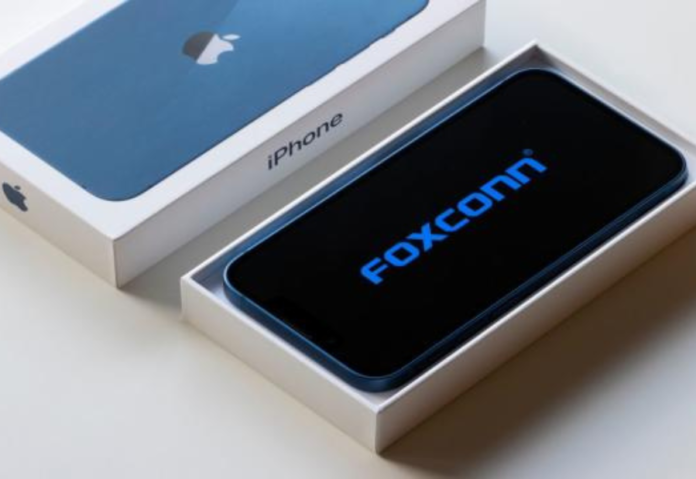
Apple and other technology and auto companies are shifting their manufacture and assembly to India and other countries, and China appears to be finally taking notice. A Bloomberg article claims that China is making it more difficult for workers and specialized machinery required for high-tech manufacturing in Southeast Asia and India to exit its borders. According to the article, which cites people with knowledge of the situation, this might be an effort to stop businesses from moving their manufacturing in preparation for increased tariffs under US President-elect Donald Trump.
Beijing has unofficially instructed local governments and regulatory bodies to restrict technology transfers and equipment exports to certain areas, according to people familiar with the situation. In the event that the US imposes additional trade obstacles, the objective is to deter foreign investors from leaving China, increase domestic production, and minimize the possibility of job losses.
For instance, Foxconn, Apple’s main assembly partner, has allegedly had trouble getting specialized gear from China and sending Chinese workers to its Indian plant. Although production has not yet been affected by these problems, they draw attention to the possible repercussions of these limitations. According to sources, Chinese government authorities have apparently been more watchful of Apple’s equipment suppliers situated in China with relation to exports of equipment to India. According to recent reports, Apple and Foxconn have asked the Indian government for assistance on this matter. Since specialized manufacturing equipment is experiencing major delays at Chinese ports, which might affect India’s efforts to expand its electronics production, Apple and Foxconn are reportedly seeking immediate assistance from the Indian government.
According to China’s foreign ministry, it welcomes businesses from all around the world and regards all countries equally, while denouncing any activities that might cause harm to other countries. However, given Foxconn’s sizable workforce and its significance to local supply chains and employment, sources indicate that Beijing is especially worried about the company’s continued diversification of production away from China.
Trump factor behind the ‘wake-up’ call
It is anticipated that the trend of businesses moving their manufacturing out of China, which started during Trump’s first term, would pick up speed and may involve additional tech firms. Companies like BYD and Waaree Energies are apparently being impacted by the limits on tech equipment, which are also having an effect on the production of solar panels and electric vehicles (EVs) in India. According to earlier reports, Beijing has warned automakers against investing in India and sought to restrict the transfer of cutting-edge EV manufacturing technologies.
Also read: Viksit Workforce for a Viksit Bharat
Do Follow: The Mainstream formerly known as CIO News LinkedIn Account | The Mainstream formerly known as CIO News Facebook | The Mainstream formerly known as CIO News Youtube | The Mainstream formerly known as CIO News Twitter
About us:
The Mainstream formerly known as CIO News is a premier platform dedicated to delivering latest news, updates, and insights from the tech industry. With its strong foundation of intellectual property and thought leadership, the platform is well-positioned to stay ahead of the curve and lead conversations about how technology shapes our world. From its early days as CIO News to its rebranding as The Mainstream on November 28, 2024, it has been expanding its global reach, targeting key markets in the Middle East & Africa, ASEAN, the USA, and the UK. The Mainstream is a vision to put technology at the center of every conversation, inspiring professionals and organizations to embrace the future of tech.





